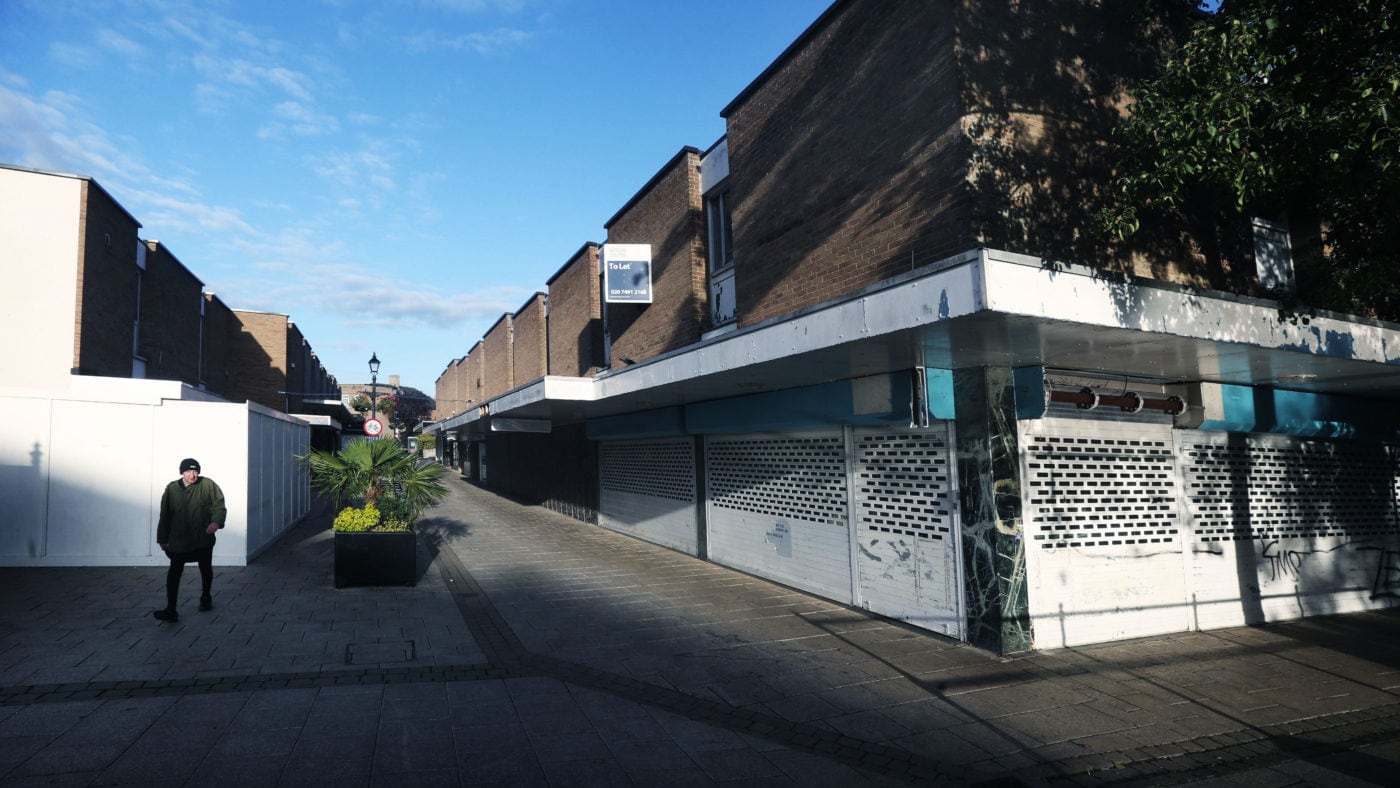This week’s Autumn Statement will understandably be focused on shoring up market confidence in the UK government’s willingness to balance the books. At a time when the overall message will be one of bearing our share of the costs (particularly those with the broadest shoulders), it might be considered optimistic to expect the Government to deliver this week on its 2019 Manifesto pledge to cut business rates. Probably the best we can hope for is that the overall take from business rates is frozen in cash terms at £26bn, rather than indexed to an inflation rate of 10%.
Business rates are already amongst the highest taxes in the land, and they have wreaked havoc on the high street, turning otherwise viable businesses into commercial failures. The Uniform Business Rate (UBR) is now at 51p in the pound, compared to 34p when it was first introduced in 1990. Indeed, the rates burden is so high that some tenants are now getting zero or near zero rent deals from landlords just to stay afloat, and yet still they struggle to stay in business. Even before Covid, we saw household names like Jessops, Clintons Cards, Mothercare and Poundworld all going into administration.
In an attempt to ease the burden on struggling occupiers of commercial property, no less than 14 sticking plaster reliefs have been added to the business rates system over the years. Labour have promised to abolish business rates altogether and replace them with a new tax. What is certainly true is that the whole system needs an overhaul; business rates impose far too high a burden on retail occupiers who pay a staggering £7.5bn out of the £26 billion a year raised in business rates, way more than retail’s 5% share of our economy.
Yet, with one very simple tweak to the existing system, there is a way to start reforming business rates – without the Exchequer losing a penny of revenue. This year a revaluation of commercial properties is taking place, aimed at bringing the rates payable into line with the actual value of the premises occupied – which is how it’s designed to work. But England’s so-called transitional relief scheme prevents this happening. The scheme aims puts an artificial floor under the business rates bills of occupiers whose premises have fallen in value. Limiting the falls in business rates bills year by year means occupiers have to pay more than the actual rateable value of their property. The cost of occupying premises in areas where rental values have fallen becomes disproportionately higher than in areas where rateable values are rising. The disproportionate rates burden reinforces ‘levelling down’, deters investment in more economically depressed areas and is a key reason that you see so many more boarded up shops these days.
The abolition of downwards phasing of rates bills would leave occupiers paying a fair level of rates from the first year after revaluation. It would remove a punitive element of the business rates system that is unique to England (Scotland and Wales do not have transitional relief) and it would see private investment flowing back into the town centres and high streets in the Midlands and North where the Government says it wants to help.
Levelling up cannot be achieved by taxpayer-funded cash injections alone; fairer taxation of business has a crucial part to play in allowing investment to flow to areas where it is needed most. With her party conference pledge that under Labour ‘businesses would get revaluation discounts straight away, rather than waiting for years to get their money back’, the Shadow Chancellor has stolen a march on the Conservatives, leaving the Government with some catching up to do. This week, the new Chancellor has an opportunity to reclaim the initiative.
Click here to subscribe to our daily briefing – the best pieces from CapX and across the web.
CapX depends on the generosity of its readers. If you value what we do, please consider making a donation.


